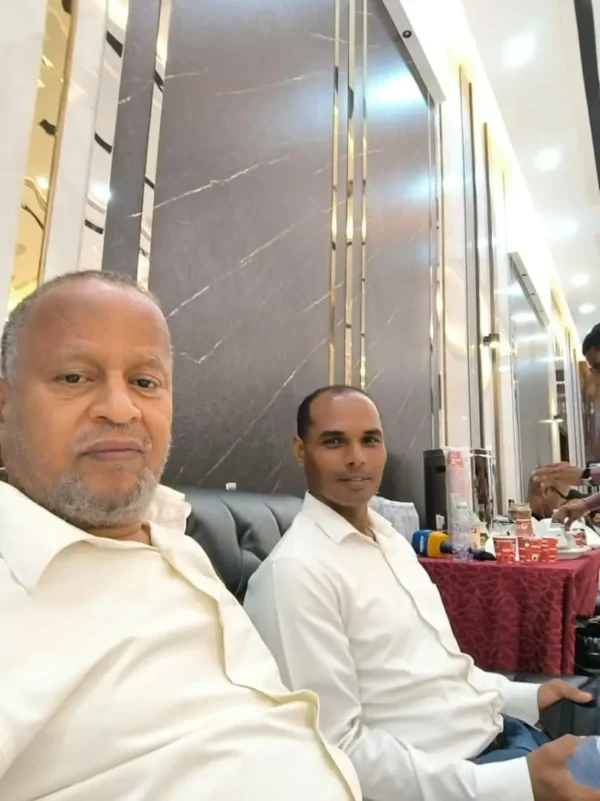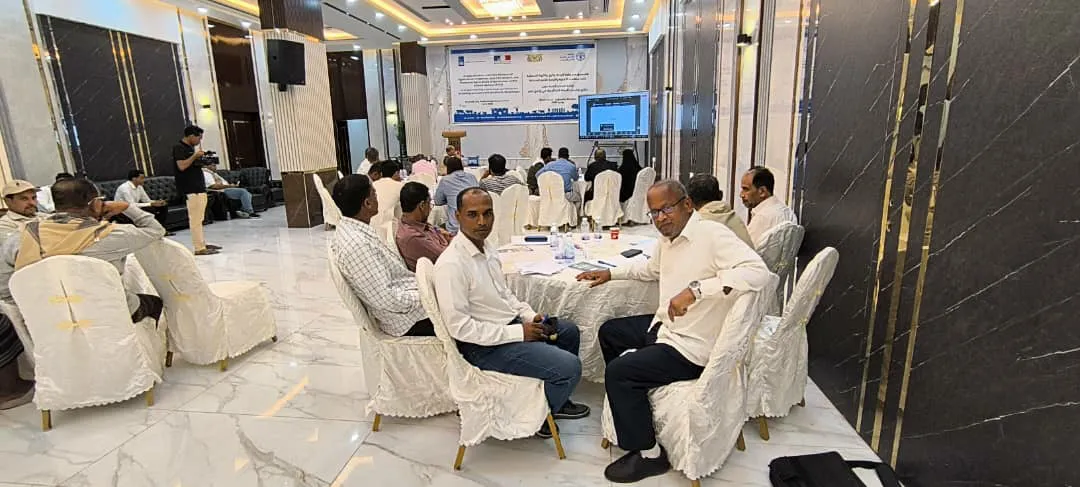The Center for Environmental Studies and Water Resources at Hadhramout University, represented by its Director Prof. Khalid Saleh Bawahidi and Head of Research Dr. Salah Abdullah Bin Farijan, participated in the technical workshop organized by the Food and Agriculture Organization of the United Nations (FAO) on the “Findings of the Enabling Environment Studies in Wadi Hajar.” The workshop was held on Monday, June 16, 2025, at Nesto Hotel – Mukalla, with support from the Governments of the Kingdom of the Netherlands and the Republic of France, and in coordination with the Ministry of Agriculture, Irrigation, and Fisheries of Yemen, with the participation of both international and local experts.
The workshop included four technical sessions focused on enhancing sustainable management of water and agricultural resources in Wadi Hajar:
- Baseline Assessment Study: Analysis of the current status of water resources, soil, and agricultural infrastructure, and strategies to improve their efficiency.
- Land Tenure and Gender: Discussion of mechanisms to integrate women’s and youth’s rights in land ownership and promote equity in resource distribution.
- Master Plan Development Committee for Wadi Hajar: Presentation of planned infrastructure projects.
- Community Engagement and Establishment of Water User Associations: Strengthening the role of local communities in resource management through sustainable associations.
The following international organizations provided technical and financial support for the workshop:
- FAO: Presented findings from its studies on integrated water management.
- Acacia Coalition (Al-Khair Alliance): Supported the community engagement component.
- Development Expert Helen Lackner and Wageningen University (Netherlands): Provided technical models for water quality monitoring and consumption optimization.
The Center’s participation reflects its role as a local expert with international representation, building on its pioneering efforts in applied research to address environmental and water-related challenges in Hadhramout since its establishment in 1998. Prof. Bawahidi emphasized that this workshop is an extension of the “Sustainable Water Management in Wadi Hajar” project funded by the Netherlands, contributing to future development aspirations.
The workshop outcomes aim to establish an implementation framework to reduce water resource depletion, aligning with the Center’s vision of “achieving sustainable development that preserves natural resources.” Follow-up workshops are scheduled for the end of 2025 to evaluate the implementation of recommendations, with continued support from the governments of the Netherlands and France.


